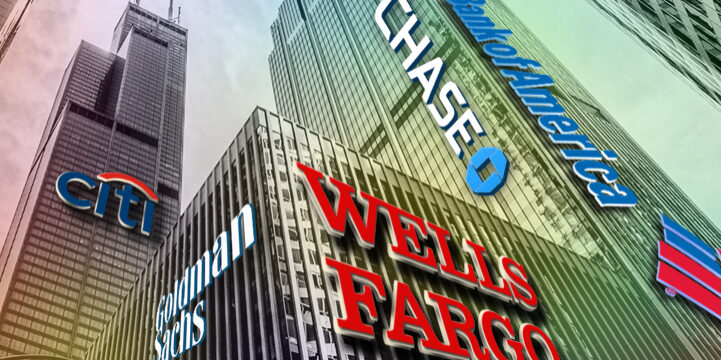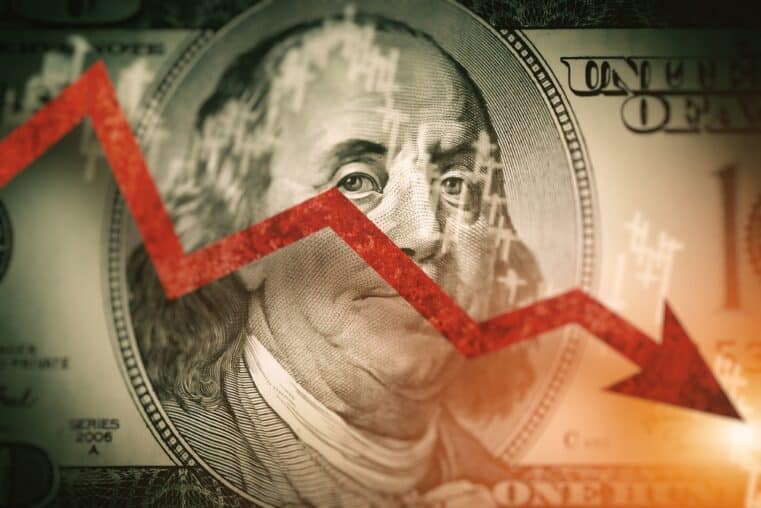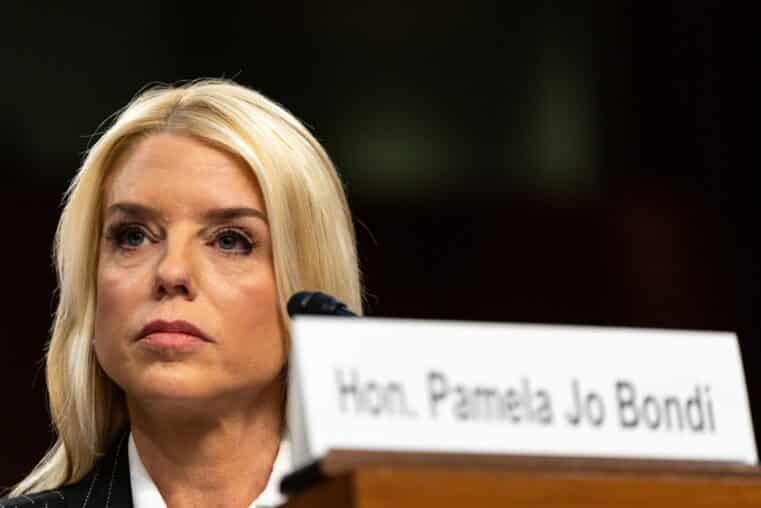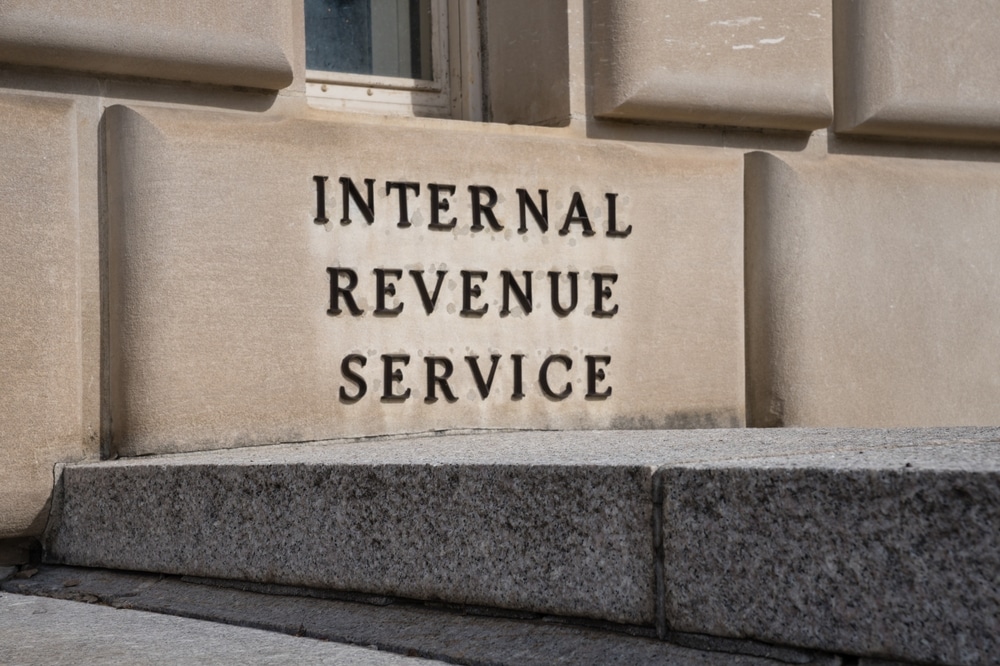
MegaBanks Becoming More Too Big To Fail...
The information we're about to present isn't making front-page news, but that doesn't take away from its importance.
Subtle developments between government and the banking industry don't always make the headlines.
But their consequences can be widespread, and potentially be threatening to the wealth and investments of the average American.
Much of the language surrounding this topic is laden with industry-speak.
This often serves to understate the alarming nature of the topic.
The principles, however, are much simpler.
It's about banks lobbying to sell you risky municipal debt, and trying to pass it off as both a "government-guaranteed" and "safe" security.
In 2014, new federal banking rules were established to ensure that banks held enough "high-quality liquid assets" in the case of another banking meltdown.
This means that banks are required to hold a specified amount of cash, Treasury bonds, and high-grade corporate debt--things that are easily "saleable."
Not included among these high-quality assets were municipal bonds.
Why? Because regulators and the Fed understood that muni bonds were neither "liquid"--almost nobody trades them--nor "safe" for investment.
In short, muni bonds didn't make the cut.
In fact, the Fed even tried to make a concession, offering to revisit the rule to possibly include investment-grade municipal debt.
This didn't go well among many municipal officials who felt that, according to the WSJ, "those adjustments would cover only a narrow sliver of the securities."
Last week, the Senate voted 67-32 to open up a debate on a bill that would relax these rules.
Should it pass, the provision, championed by Citigroup and a cadre of other banks, would allow mainly small and medium-size banks to hold municipal bonds, recognizing these assets across the board--some of them highly toxic--as "high-quality liquid assets."
Why should this be of concern to you and every other investor?
First, because banks underwrite these bonds; buying and repackaging them and selling them to clients.
Second, because it puts banks at risk in the event of a crisis.
According to the research firm Municipal Market Analytics, Inc, not only are banks the largest buyers of muni bonds, they also happen to be the 3rd largest holder after individuals and mutual funds.
Banks hold about $500 billion worth of a thinly-traded $3.7 Trillion market.
But should another financial crisis take place, who is going to buy them?
Also, should these assets, many of which are risky and not "investment-grade," be deemed by the Federal government to be "high-quality" and "liquid," neither of which is the case, what kind of false security does this create for the unsuspecting investor?
According to a WSJ report, "less than 1% of municipal securities traded more than one hundred times in a roughly 10-month period...Seventy percent of the bonds didn't trade at all."
And among the bonds that were heavily traded, many of them were issued by Puerto Rican municipalities.
In other words, the most "liquid" bond issues happened to come from a territory that has a bad habit of chronically running up its debt load.
They've issued $72 billion of debt...before admitting that they can't repay it!
Although we hold some suspicion toward the Fed and government regulators, this is one area in which they just might be right.
It's not the place of Congress to assess the risk of municipal bond securities... if only for the simple reason that they don't have the financial expertise to do so.
We've established that municipal bonds are highly illiquid; that they are not easily saleable; and that in the event of a banking meltdown most muni bonds might just be another toxic asset, one immune to blame should the government approve their holdings.
But how "risky" are municipal bonds.
Here are a few visual charts, from Zerohedge, illustrating American cities that are currently carrying unsustainable debt burdens:
JPMorgan published a chart ranking every major US city based on how much of their annual budget has to go into debt payments and pension contributions.
You can see that Chicago is in the worst position, as 60% of its revenues via tax dollars go toward funding debt and pensions.
Here's another JPMorgan chart showing what it would take to fix these municipal budgets--tax or pension contribution increases.
The point is that a number of banks are lobbying the government to relax the current bank-funding rule to include these assets among those considered "high-quality liquid assets."
Should this provision pass:
- Municipalities, regardless of their fiscal responsibility, will have greater access to funding…
- Banks, in turn, will turn around and sell them to YOU as investments…
- And the government will have implicitly "guaranteed" the municipal markets by passing the provision.
And if another crisis hits, banks will have difficulty selling these securities, and government, once again, will have to step in and intervene.
Up until that point, banks and municipalities will have benefitted, while you, the investor, are left holding a bag of assets that you might not have bought in the first place had you truly understood the risk and worth of your investment.














